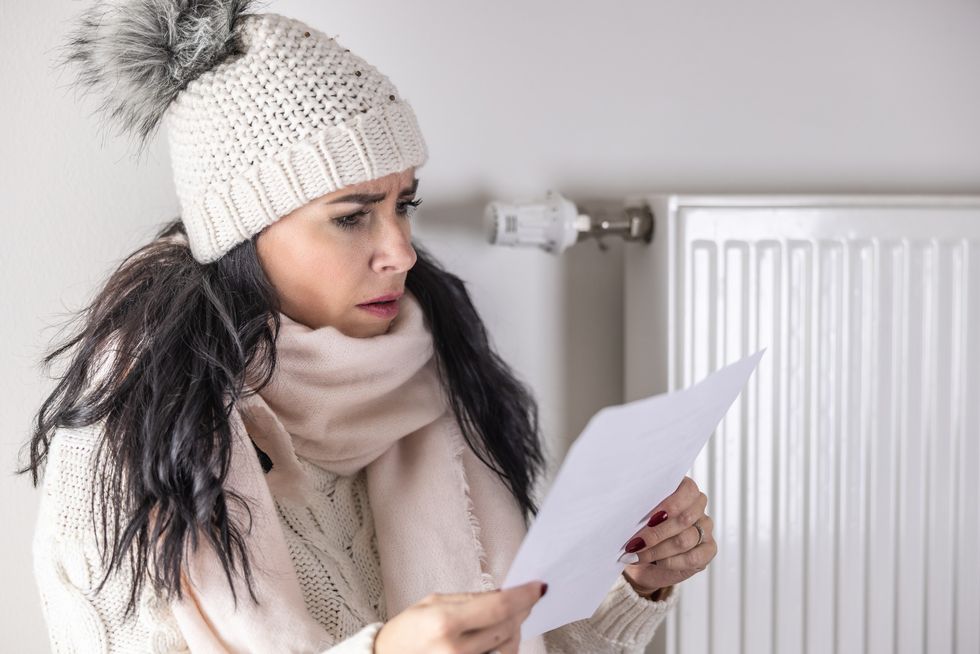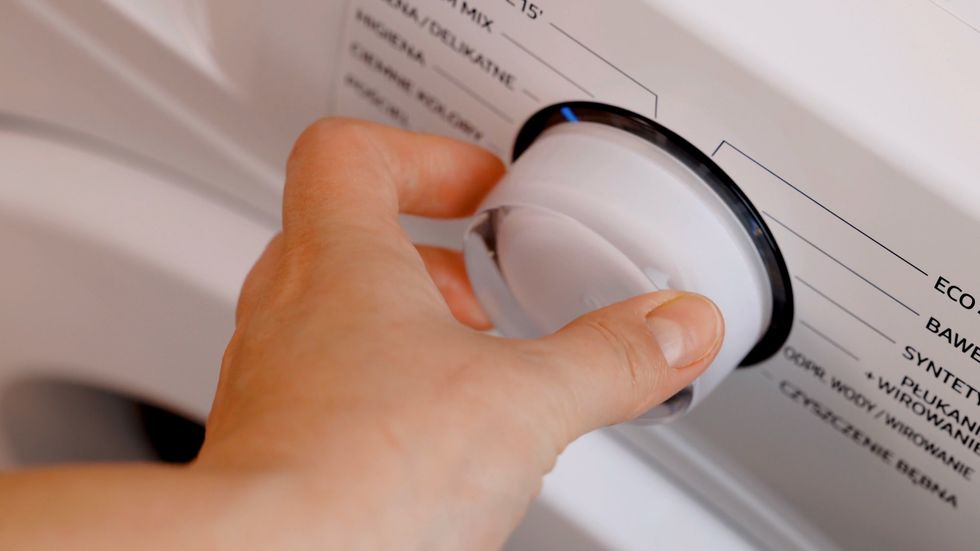Energy bills are expected to rise for many families following the price cap hike but there are ways for households to make “significant” savings
Don't Miss
Most Read
Trending on GB News
Households could slash their energy bills by up to £205 if they drop certain “habits” which are pushing up their heating costs.
As of January 1, Ofgem has raised the energy price cap which mean families with average usage will likely pay more for their gas and electricity.
Some 93 per cent of Britons admitted to having at least one “bad energy habit” which could add hundreds of pounds to annual bills, according to a recent survey carried out by Uswitch.
Savings can be made on the costs of running household appliances, such as washing machines and tumble dryers.

Energy bills are on the rise but there are still ways for people to save money
GETTY
For example, running the dishwasher when it not full could add nearly £10 a year on average to a household’s energy bill, while not taking advantage of the device’s eco mode may hike costs by £20.
Leaving a running hot tap on for just 10 minutes could waste 100 litres of water which would be worth 26p. If someone does this at least one a week, they would rake up an extra £12 in costs.
Two thirds of families polled by Uswitch shared that they set their washing machine at more than 40 degrees Celsius which comes to £20 a year more than if they washed at 30 Celsius (66 per cent).
Around 48 per cent revealed that they run the appliance when it is not full, with extra washes adding an additional £8 to someone’s annual bill.
Uswitch asked respondents if they carried out any of the following “bad energy habits“ and broke down the cost each one has for every household of average usage:
- Boil more water in the kettle than needed – costs £39.62 a year
- Bring things to the boil on the hob without a lid on the saucepan - costs £32.84 a year
- Use the tumble dryer when it’s a hot day outside – costs £30.84 a year
- Run the washing machine at 40°C or more – costs £30.84 a year
- Run the tumble dryer when it’s not full – costs £18.51 a year
- Boil more water in a saucepan than needed – costs £16.42 a year
- Let the hot/warm tap keep running while washing up – costs £11.87 a year
- Run the dishwasher when it’s not full – costs £9.83 a year
- Leave lights on when not in the room – costs £9.25 a year
- Run the washing machine when it’s not full – costs £8.05 a year
- Put off defrosting the freezer – costs £3.55 a year
- Leave TV on when nobody is watching – costs £1.90 a year
- Leave phone charging when it is reached maximum battery – costs £1.78 a year
- Leave gadgets on standby – costs £1.65 a year.
LATEST DEVELOPMENTS:

Turning off appliances, or reducing their usage, could slash costs throughout the year
OCTOPUS ENERGYBen Gallizzi, an energy expert at Uswitch.com, outlined how the New Year is the perfect time for people to get into “good energy habits” and make “significant” savings in the process.
He explained: “We’ve all been guilty at times of leaving the lights on or overfilling the kettle, but it’s important to remember that these habits can all add hundreds of pounds a year to our bills.
“Bills are higher this winter than they were last year, but there are a lot of ways households can cut their energy use.
“Saving money might be as simple as using the eco mode on your white goods and making sure you only run them when full.”









